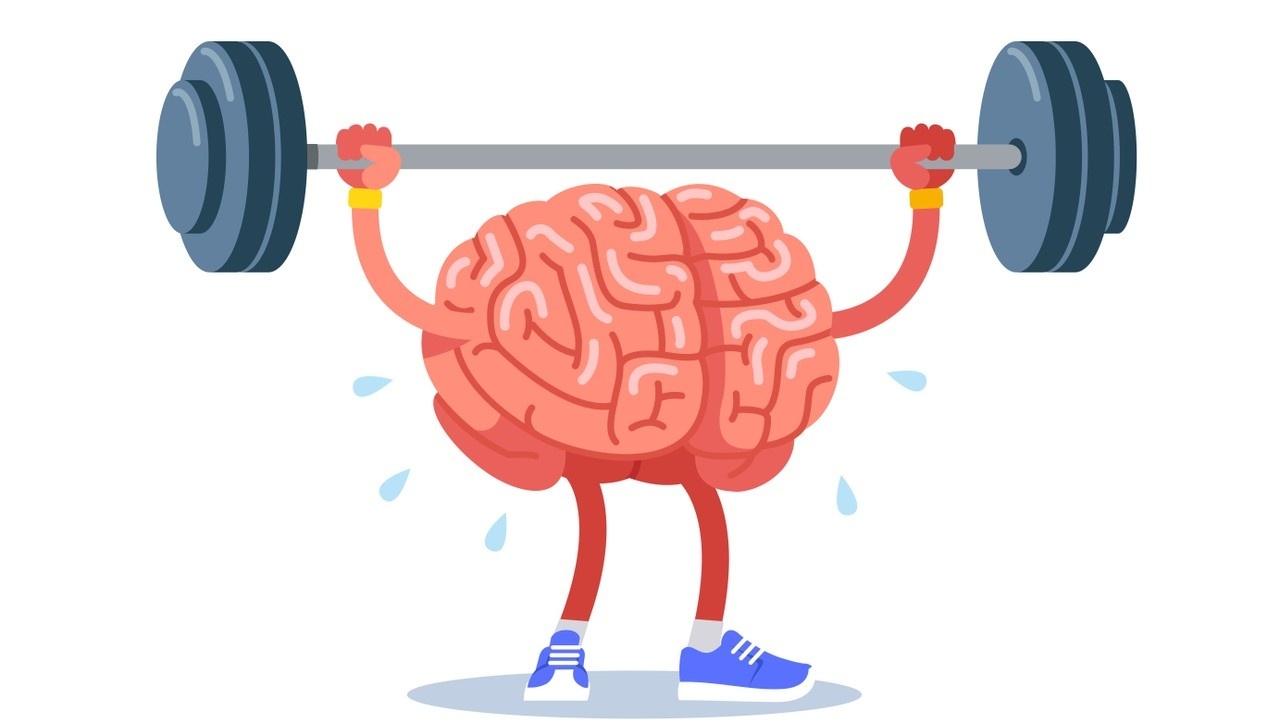Mental Training
MENTAL SKILLS TO ENHANCE ATHLETIC PERFORMANCE
“Mental skills” is the set of learned skills that help athletes regulate thoughts, feelings, and actions during practices and competitions. And by teaching you mental skills, I will be the trainer for your mind in sport. The sport psychology service that I offer is different from psychotherapy for athletes, and we are going to focus on the main variables that influence performance.
Some people believe that when they “feel better”, they will show their best performances, but feeling better is not always possible. In sport, there will be moments of unfairness that will produce emotions such as anger or sadness, there will be moments of fear and anxiety, and there will be moments of happiness and experiencing flow. However, the best athletes can perform well under any emotional state or circumstances; it is your everyday choices that will influence your future performance. If you want to improve your mental game and achievements in sport, we will work on what is happening during the practices, and prior, during, and after competitions. Then, “feeling better” comes from self-satisfaction for performing the best of your skills when you needed it.
MENTAL TRAINING
Mental Training or Applied Sport Psychology is a section of Sport Psychology that focuses exclusively on teaching mental skills to enhance athletic performance. Goal Setting, Performance Routines, Imagery, Self-Talk, and Time Management are examples of skills.
Mental Training is “training”, which means that athletes must practice regularly to learn and implement those skills. Mental Training can help athletes change their attitudes and remove the roadblocks that are between them and their athletic goals
To develop the mental training program, the mental performance consultant acts as a detective reviewing the data collected from the interview, psychophysiological profile, and questionnaires. Then, the mental performance trainer (mental coach) comes up with a "case formulation", which is a theory that explains the decrease in performance or a plan to improve performance. This theory is shared with the client/athlete who can approve or disapprove and help the professional to revise it. The next step is the intervention, which is the skill to be learned, but the athlete’s preferences are also important to choose the mental skill that will bring the desired result. Sometimes the client is the sports coach, and both (the coach and mental performance trainer) will investigate what is affecting the team's performance and come up with a plan to improve the athletes’ performance. The intervention can also include Biofeedback training.
Biofeedback training can improve athletic performance by
-
Helping athletes manage stress and anxiety
-
Helping athletes improve focus and concentration
-
Facilitating injury rehabilitation
-
Helping athletes to show more consistent performances
-
Helping athletes reduce or increase energy and intensity

Because we Train the Mind and Body
During the psychophysiological profile and Biofeedback session
-
Electrical sensors are attached to various parts of the athlete’s body, and the individual is exposed to minor stressors.
-
The sensors measure the athlete’s emotional and physiological reactivity to stressors.
-
Because we tend to respond with the same physiological system under stress, this information is used to train the athlete's physiology to respond optimally.
-
Just as coaches give feedback about the athletes' motor skills, during the Biofeedback session, the information fed back to the athlete helps the individual understand how the body responds during stressful situations (challenges in sports).
-
With this knowledge, the athlete can correct the responses to maximize performance.
During consultation
-
I will ask questions related to the outcome you want to achieve.
-
I will ask questions about your current goals to attain the desired result.
-
Then, I will ask questions about what is happening now and what can be modified.
-
Athletes will also fill out some questionnaires that were validated to be used with the athletic population.
-
And based on all the information collected, the next step is to develop a plan to improve athletic performance. The mental skills are implemented in the plan.
If you allow me, I will communicate with other professionals involved in your training to collect more information about your performances
IMPLEMENTING MENTAL SKILLS
You do not hear about mental skills; go there and “try in sport.” Always be suspicious of people offering the last trend to improve performance. "Each case is unique."
1. You learn what mental skill is and why it is appropriate for you. Then, you understand when and how you can use it.
2. The next step is implementing mental skills during practice, which can be modified as needed.
3. Next, mental skills can be implemented in simulations of competitions.
4. You apply the mental skills during competitions only after the previous steps. After continuous practice, mental skills become automatic and part of your sports performance.
YOUR INVESTMENT
To truly succeed, you will have to invest in many hours of practice and miss activities with family and friends. Pain and injuries can also occur. To be sure you will make the most of your investment, you can answer this question to yourself:
"Are you willing to do whatever it takes to perform to the best of your skills?
If your answer is yes, I am more than happy to help you in your journey toward your dream.
